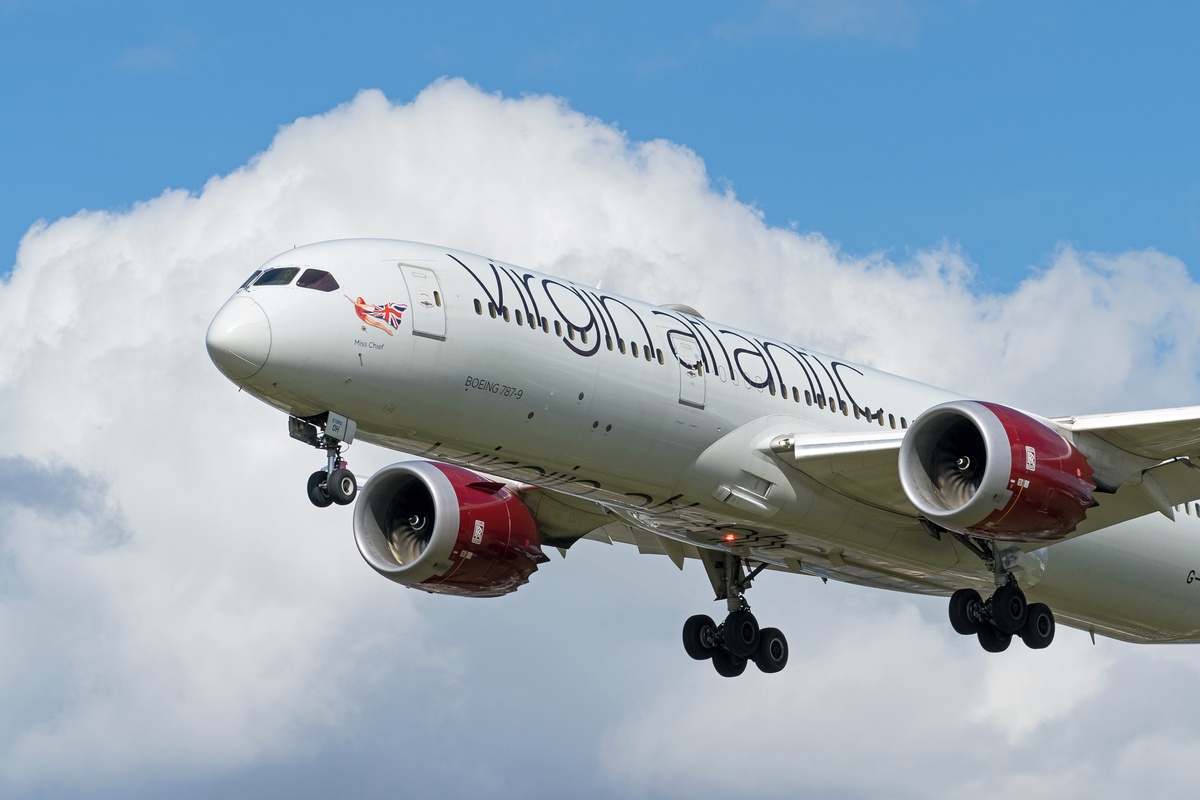What Operational Excellence Really Means for Business Travel

Skift Take
This sponsored content was created in collaboration with a Skift partner.
High-performing operations are necessary for any airline to build and retain the loyalty of corporate travel managers, travel agents and their travelers. In fact, according to a recent survey conducted by Travizon, one in three business travelers said arriving on time with their luggage was their highest priority when traveling for business.
But consistently delivering reliable operational performance isn’t always simple. Higher passenger capacities and unpredictable events like inclement weather can make the difference between smooth operations and major disruptions. That’s why Delta is making every effort to sustain the best operational performance in the industry—and the numbers tell the story.
Delta ranks No. 1 among U.S. Global Airlines in on-time performance, completion factor and baggage handling1, according to the Department of Transportation’s most recent Air Travel Consumer Report. The airline’s continuous reign atop the rankings is bolstered by its focus on operational stability.
Since 2015, Delta has offered corporate accounts the industry-first Operational Performance Commitment2—a pledge that travelers will arrive on time with their bags in tow, or Delta will compensate their company. In 2016, Delta added even more transparency by implementing the Operational Excellence Calculator, allowing travel decision makers to see exactly how much Delta’s operations are worth to their travelers when compared to U.S. global competitors.
Delta now also offers regionalized operational excellence reporting that provides travel decision makers with key insights for the routes and destinations most important to their travelers, adding another level of clarity to help take the guesswork out of their customers' work.
To learn more about Delta’s unparalleled operational performance, please visit PRO.DELTA.COM.
This content was created collaboratively by Delta Air Lines and Skift’s branded content studio, SkiftX.
Terms and Conditions
1 Based on DOT July 2017 Air Travel Consumer Report for January-May 2017 on-time arrival for all flights flown, completion rate for flights scheduled, and baggage completion per 100,000 passengers, in each case compared to other U.S. global carriers flying transoceanic routes: United Airlines and American Airlines.
2 GENERAL DESCRIPTION OF OPERATIONAL PERFORMANCE COMMITMENT BENEFIT: The Operational Performance Commitment (“OPC”) is a beyond-contract value benefit available to Eligible Corporate Accounts in good standing that will provide remuneration to such accounts in the event that Delta Air Lines’ (“Delta”) operational performance is not as good as the respective operational performances of American Airlines (“AA”) and United Airlines (“UA”) as measured over a calendar year.
REMUNERATION: To be eligible for any OPC payment, the following conditions must be satisfied: 1. the Eligible Corporate Account is not in breach of its Corporate Incentive Agreement with Delta and one or more of its partner airlines (the “CSA”) during such calendar year; and 2. (a) with respect to each Eligible Corporate Account that is a Global/National CSA Account, such Eligible Corporate Account has achieved at least a Ninety-five Percent (95%) Contract Fulfillment under its CSA during the applicable calendar year and (b) with respect to each Eligible Corporate Account that is a MSA US Account, such Eligible Corporate Account has achieved a flat or positive Revenue Share Gap under its CSA during the applicable calendar year. If a Global/National CSA Account had two CSAs in effect during the applicable calendar year, the weighted average (based on days of the year) Contract Fulfillment under each of the CSAs will be used to determine the Global/National CSA Account’s Contract Fulfillment for purposes of this condition; and 3. the Eligible Corporate Account must have a CSA in effect and in good standing as of December 31st of the applicable calendar year. In addition, an Eligible Corporate Account will be entitled to a passenger experience OPC payment with respect to a particular calendar year if, and only if, each of the following conditions are also satisfied: 1. Delta’s A-0 Rate during such calendar year is lower than each of AA and UA’s A-0 Rate during the same calendar year; and 2. Delta’s Completion Factor is lower than each of AA and UA’s Completion Factor during the same calendar year. An Eligible Corporate Account will be entitled to a baggage experience OPC payment with respect to a particular calendar year if, and only if, the following condition is also satisfied: Delta’s Mishandled Baggage Report rate is higher than each of AA and UA’s Mishandled Baggage Report rate during the same calendar year.
DATA SOURCES: Each of Delta’s, AA’s and UA’s A-0 Rate and Completion Factor will be based on the respective airline’s System Wide operations only during the applicable calendar year. The source for each of Delta’s, AA’s and UA’s A-0 Rate and Completion Factor will be based on the statistics reported by FlightStats, a leading independent aggregator of global aviation flight information. Each of Delta’s, AA’s and UA’s Mishandled Baggage Reports Rate will be based on the statistics published by the DOT’s Bureau of Transportation Statistics.




